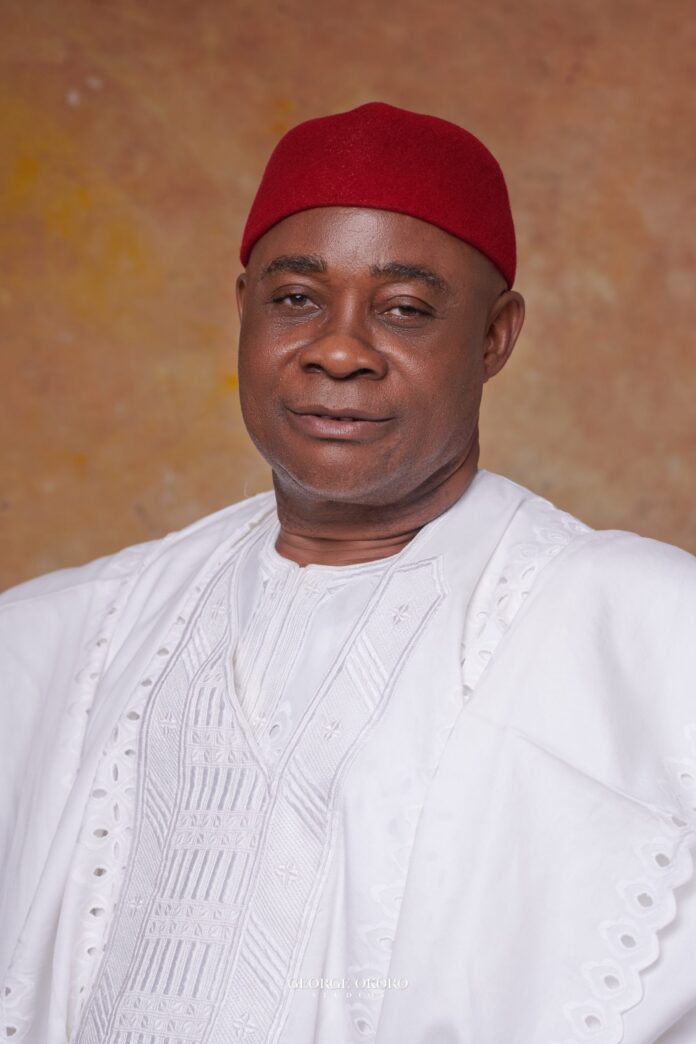Questions have been flowing in from this window in thefreezonechannel website. We have resolved to been taking the answers one after the other and publish for stakeholders’ readership and critics.
The first in this series is the advantages of the various ownership structures of Free Zones: public zone, private zone, public private partnership.
In this article I shall take on the explanation of public zone with few references where it has worked well. I shall take on others in due course.
Public Zones
A zone is Public when it is financed, developed and owned by either the Federal government or a State government and controlled through a public authority.
Proponents of Public Free Zones enumerate the followings as reasons for encouragement of public zones:
First, a Free zone is planned with the clear objective of creating jobs, attracting foreign investments, improving technology and technology transfer, increasing labour skills, and having positive effects on the economy of a region or country. These are tasks of government since the benefits are social, and have broad impact on the whole country, not just a part of it.
Second, a Public Free Zone owes equal opportunity to any company interested in investing in it as against Private Zones that can pick and choose clients. Thus, Public Zones increase possibilities for small firms desiring to grow or invest in situations where these social benefits would not be considered by the management of Private Free Zones.
Third, a Public Free Zone is the first project for a government seeking to increase the industrial power of a country or state for wider social benefits. This is a subject of little interest to a Private Free Zone with consequences affecting individual investment decisions.
Perhaps, some may think that public projects do not work because of lack of interest or laziness of the officers, too much red tape, indecision, or other more serious criticisms such as influence peddling, string pulling, or to state it more strongly, corruption.
Nevertheless, it is also true that many Free Zones under Public administration have generated wealth, transfer of technology, access to international markets, with positive effects on the local economy.
Public zones as seen in Taiwan Free Zone, South Korea Free Zone, Barcelona Free Zone, Vigo Free Zone and Cadiz Free Zone in Spain have been dynamic instruments for these countries. For instance, Kaohsiung- Taiwan was and still could be seen as the most successful Free Zones in the world and Masan, in South Korea too. Spain has three Free Zones established in 1929 by law. In North Vigo; South Cadiz; and in East Barcelona, their Free Zones are Public, have the same administration and are all successful.
In summary, the best argument in favour of Public Free Zones, is that they most closely match countries broad policy objectives and provide the expected benefits to both the economic and social sector of the country.
Multinational companies which give power to the Free Zones are best served by the regulations and incentives package supplied by the public Free Zones to meet these broad policy objectives.
The question directed to African Continent is; are governments in Africa well nurtured and disciplined to run business of Free Zone to its maturity and sustenance? Sincerely, the Answer is more on the negative side. What then is the traditional role of government in the scheme?
Normally, most social control issues, such as immigration, taxation, customs, environmental control, labour law, foreign exchange, etc. are exercised by government authority. These have to be well tailored to problem solving and not compounding the woes of managing a business.
Whether it is private or public, investors are looking for problem solving environment that will spur economic actions. This role that is expected from government in Free Zones most often in Africa comes with difficulty which affects the entire business. This has been the bane of African free zones.
There is more than one dimension to the issues and discussing ownership structure for effectiveness and efficiency; public, private and public/private partnership; there are at least three dimensions to it:
1. Who operates the zone?
2. Who builds the zone and infrastructure?
3. Who exercises the social control to ensure that the zones meet social media objectives?
Discussing the above three dimensions will wait until we must have taken on the definition of the three concepts of three ownership structures.
In some Countries, government has a traditional role of detailed planning for all aspects of enterprises. It would be inconceivable in a country dedicated to national planning of that nature for the private sector to lead in zone development.
On the other hand, many countries have a tradition of private sector promoting and leading government into action. In those countries again, the private sector has often taken on task that government failed to pick up. In places like Sri Lanka, El Salvador, Egypt, there are many public sector projects that have been quite successful.
It has been proven, in more recent time, that Free Zones are not profitable in the hands of government. Planning and risk-taking in the hands of government have collapsed in many countries, especially in Africa and even in a liberal country like United Kingdom. Things are gradually changing and moving out of the hands of the Public to Private sector.




